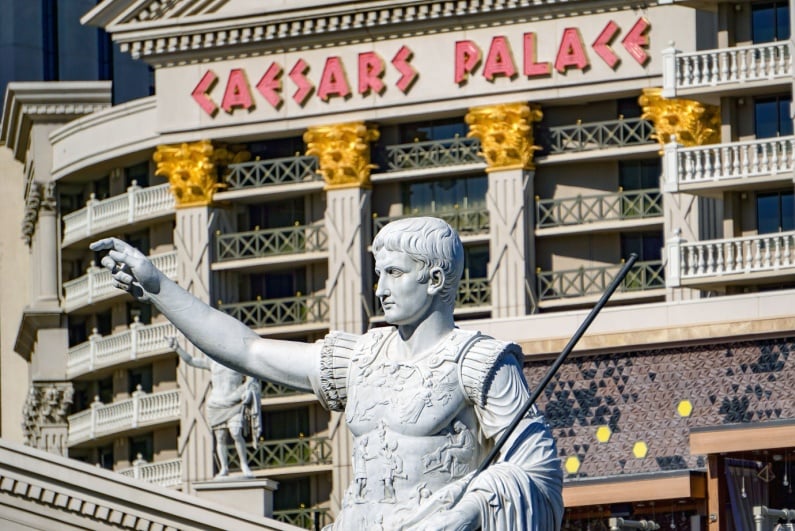
Top News Stories
Casino News
Crime
Most viewed articles
- David Lappin: The Problem With William Kassouf
- Japanese Poker Player Reported Missing Along With $10k WSOP Buy-In Cash
- FanDuel Changes T&Cs After Tipster’s $11 MLB Parlay Wins $2.2m for Subscribers
- Caesars Entertainment Laying Off Significant Number of Workers, Rumors Suggest
- Chickasaw Lighthorse Police Hunt Suspect in Fatal Oklahoma Casino Shooting
- Top News Stories
- Woman Arrested for Attempted Murder After Firing Gun on Las Vegas Strip
- Rolling Stone Reportedly Withdraws Interest in Downtown Grand Casino in Las Vegas
- Dara O’Kearney: Tales From the WSOP 2025 Part 5
- Bet365 Subsidiary Inks Deal With Italian Soccer Champs Napoli to Bypass Regulations















